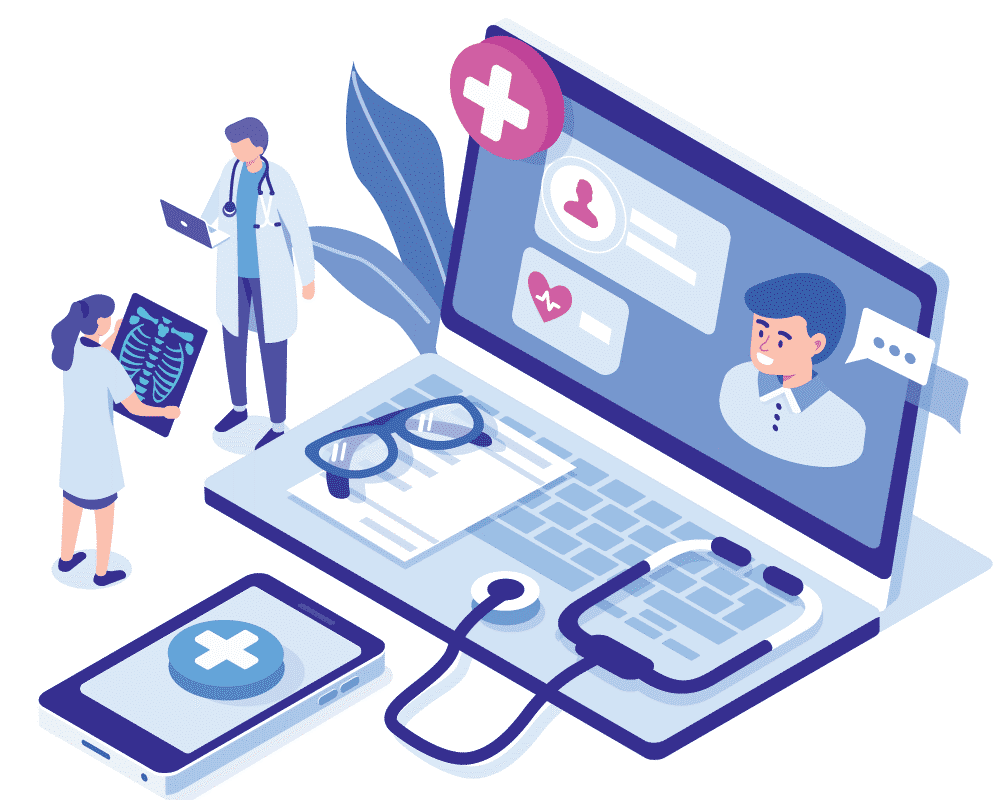As we approach 2025, the landscape of consumer health technology is rapidly evolving, driven by advancements in artificial intelligence, wearable technology, and personalized healthcare solutions. This transformation is not only reshaping how individuals manage their health but also how healthcare services are delivered globally. In this article, we explore the key trends in consumer health tech for 2025, highlighting the innovations that are set to redefine the sector.
The Rise of Personalized Health Solutions
One of the most significant trends in consumer health tech for 2025 is the shift towards personalized health solutions. With the integration of AI and machine learning, consumer health tech is becoming more tailored to individual needs. These technologies enable the analysis of vast amounts of data, including genetic information, lifestyle choices, and health history, to provide customized health recommendations.
Personalized nutrition and fitness plans are gaining traction, allowing consumers to optimize their health based on their unique genetic makeup and lifestyle. Companies are developing apps and platforms that offer individualized dietary advice, exercise routines, and mental wellness programs. This trend is empowering consumers to take proactive control of their health, leading to better outcomes and increased satisfaction.
Wearable Technology: Beyond Fitness Tracking
Wearable technology continues to be at the forefront of consumer health tech. However, by 2025, these devices will have evolved far beyond simple fitness trackers. Advanced wearables are now capable of monitoring a wide range of health metrics, from heart rate variability and oxygen saturation to sleep patterns and stress levels.
The integration of biosensors in wearable devices is enabling real-time health monitoring, providing users with immediate feedback and alerts. This capability is particularly beneficial for managing chronic conditions such as diabetes, hypertension, and cardiovascular diseases. Moreover, the data collected by these devices can be seamlessly shared with healthcare providers, facilitating timely interventions and personalized care plans.
Telehealth and Remote Monitoring

The COVID-19 pandemic accelerated the adoption of telehealth, and this trend is set to continue in 2025. Consumer health tech is increasingly focused on remote monitoring solutions, enabling patients to receive care from the comfort of their homes. This shift is particularly advantageous for individuals in rural or underserved areas, where access to healthcare facilities may be limited.
Telehealth platforms are becoming more sophisticated, offering virtual consultations, remote diagnostics, and digital prescriptions. These platforms integrate with wearable devices and health apps, providing comprehensive health management solutions. As a result, consumers can enjoy greater convenience and continuity of care, while healthcare providers can reach a broader patient base.
Mental Health Tech: A Growing Focus
Mental health has become a critical component of consumer health, and technology is playing a pivotal role in addressing this need. In 2025, mental health tech is expected to expand significantly, offering innovative solutions for managing stress, anxiety, depression, and other mental health conditions.
Apps and platforms are being developed to provide cognitive behavioral therapy (CBT), mindfulness exercises, and virtual support groups. These tools offer users a discreet and accessible way to seek help, breaking down the barriers to mental health care. Additionally, AI-driven chatbots and virtual therapists are being deployed to offer immediate support and guidance, enhancing the overall mental health care experience.
Integration of Genomics and Consumer Health Tech
The integration of genomics into consumer health tech is another trend gaining momentum. Advances in genetic testing are making it more affordable and accessible for consumers to understand their genetic predispositions to certain health conditions. This information can be used to tailor prevention and treatment strategies, aligning with the broader trend of personalized health.
Genomic data is being incorporated into consumer health apps and platforms, enabling users to make informed decisions about their health. This integration is also facilitating the development of precision medicine, where treatments are customized based on an individual’s genetic profile. As a result, consumers can benefit from more effective and targeted healthcare interventions.
The Role of AI in Consumer Health Tech
Artificial intelligence is a driving force behind many of the advancements in consumer health tech for 2025. AI algorithms are being used to analyze health data, predict disease risks, and recommend personalized interventions. This technology is enhancing the accuracy and efficiency of health assessments, enabling consumers to make informed decisions about their health.
AI-powered virtual assistants are also becoming more prevalent, providing users with health information, reminders, and support. These assistants can help manage medication schedules, track health goals, and offer lifestyle advice, making it easier for consumers to stay on top of their health.
Data Privacy and Security Concerns
As consumer health tech becomes more integrated into daily life, concerns about data privacy and security are paramount. With the increasing collection and sharing of personal health data, ensuring the protection of this information is critical. Companies are investing in robust cybersecurity measures to safeguard user data and build trust with consumers.
Regulatory frameworks are also evolving to address these concerns, with stricter guidelines for data handling and privacy. Consumers are becoming more aware of their data rights and are demanding greater transparency and control over their information. In response, companies are adopting practices such as data anonymization and user consent protocols to enhance data security.
Conclusion
The trends in consumer health tech for 2025 highlight a future where technology empowers individuals to take charge of their health. From personalized health solutions and advanced wearables to telehealth and mental health tech, the innovations in this sector are transforming how we approach health and wellness. As these technologies continue to evolve, they offer the promise of improved health outcomes, greater access to care, and a more personalized healthcare experience. However, as the sector grows, addressing data privacy and security concerns will be essential to maintaining consumer trust and ensuring the responsible use of health technology.




